From the linked article:
Yes, President Barack Obama’s poor performance and approval rating undoubtedly played a role in the lower turnout. But the evidence is piling up that systematic voter suppression, including voter ID laws and dubious vote-fraud prevention software, played a significant part in keeping people from casting ballots, as well.
Take the situation in Texas, where Democrat Wendy Davis lost badly to Republican Greg Abbott in the gubernatorial race. More important than her expected defeat is that the Lone Star State had the lowest voter turnout in the country at 33%, down from 38% four years earlier. It’s difficult to determine to what precise extent Texas’s new voter ID law is to blame for the poor turnout, but “there are somewhere between 600,000 and 1.4 million registered voters in Texas without state ID,” according to Kathleen Unger, whose nonprofit, VoteRiders, works to get people the documents they need to vote. Working through local organizations, two-year-old VoteRiders went into Houston’s Harris County this year in response to what Unger called its “very restrictive” voter ID law.
Despite such efforts, some Texans were still unable to vote. Think Progress’ Alice Ollstein recently documented how some Texas voters were dropped from the rolls or denied ballots because they couldn’t afford new IDs. Ollstein couldn’t quantify such incidents, but a recent Government Accountability Office report on voter ID laws in Tennessee and Kansas found they decreased turnout in those two states in 2012. In Texas, there are indications the same thing happened this year, including the fact that provisional ballots increased by half on Tuesday to 16,463, an uptick from the 8,000 issued in 2010. Provisional ballots are given to voters who have difficulty proving their eligibility, and because some thwarted voters don’t even bother to cast them, they are a proxy for larger problems.
4.7 million people voted in Texas’ gubernatorial election this year. The number of provisional ballots was less than 0.4 percent the number of votes cast. (Abbott won the race by more than 20 percentage points.) Texas residents who vote by mail do not need ID. Residents who want to vote in person but do not have acceptable identification can obtain an Election Identification Certificate at no charge.
According to this map from ABC News, turnout in Texas was down only 3.6 percentage points compared to 2010. Turnout was down much more than that in deep-blue states California, Delaware, and Vermont. Turnout was up slightly in Kansas despite the state’s voter ID law.
Nevertheless, when a Minnesota resident claimed that “police and media” are “criminalizing citizens who try to get the vote out,” Rep. Ellison concurred:
@hamzamusse, yes it's tough, but what are we going to do about it?
— Keith Ellison (@keithellison) November 10, 2014
If you’re not familiar with “pointergate,” Minnesota Public Radio provides background here. The news report in question, published by local media outlet KTSP, appeared Thursday November 6th, two days after Election Day. Does Ellison believe that KTSP’s story retroactively reduced voter turnout?
















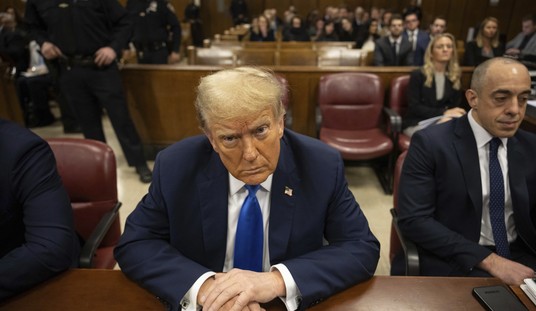

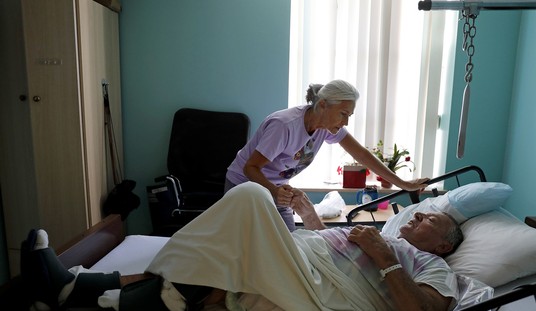

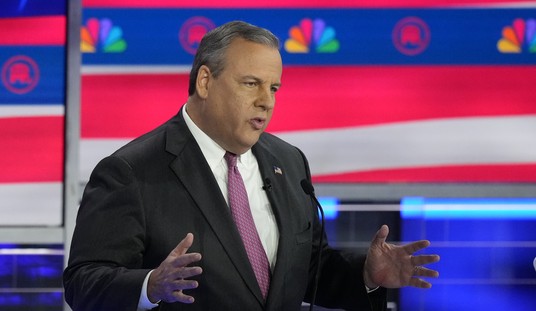
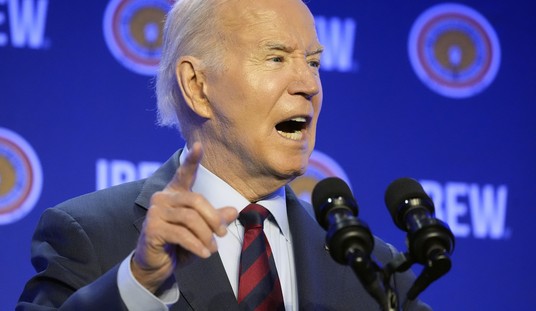
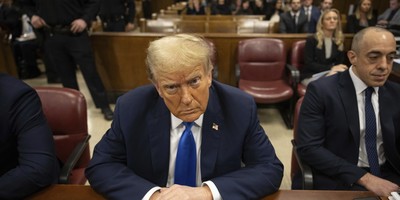
Join the conversation as a VIP Member